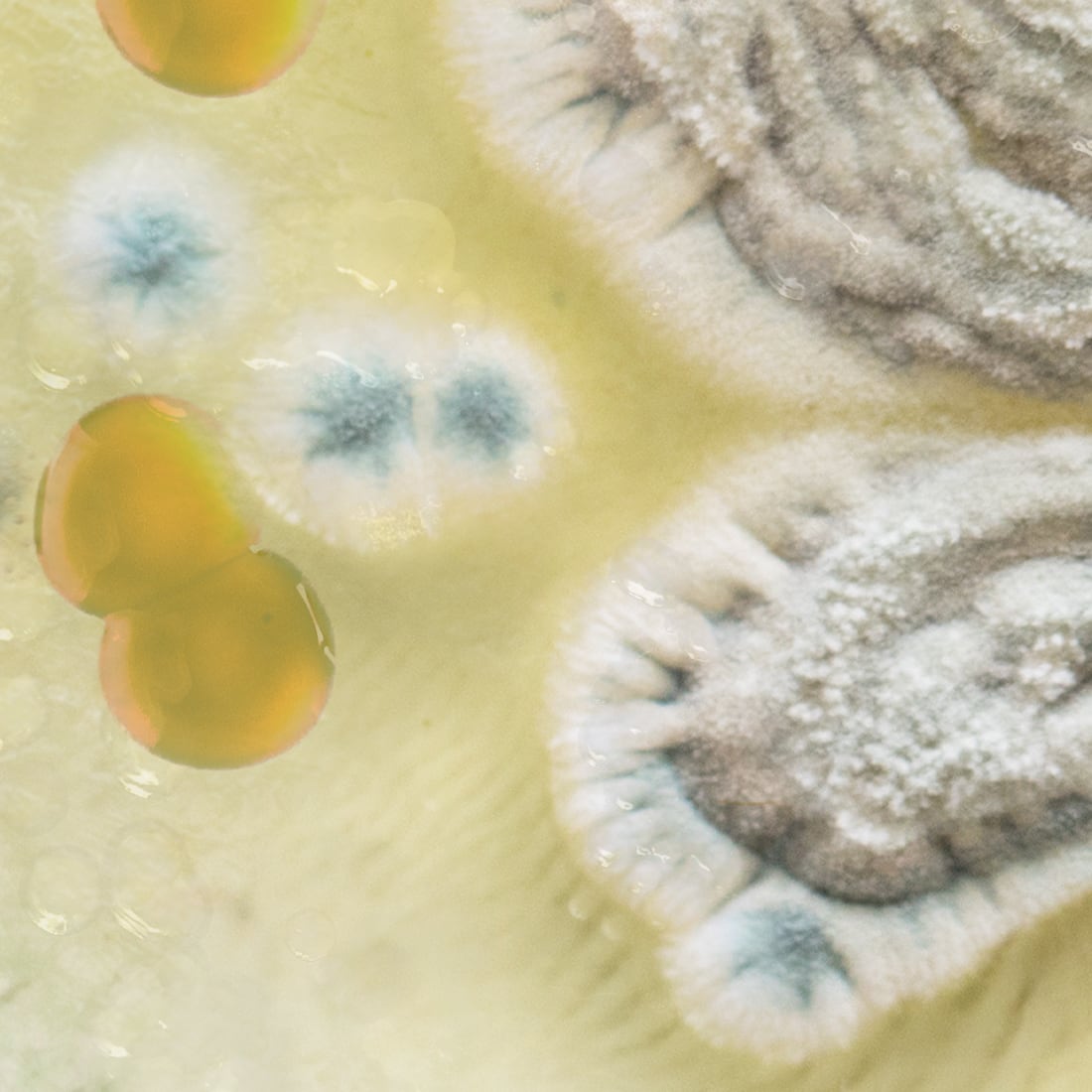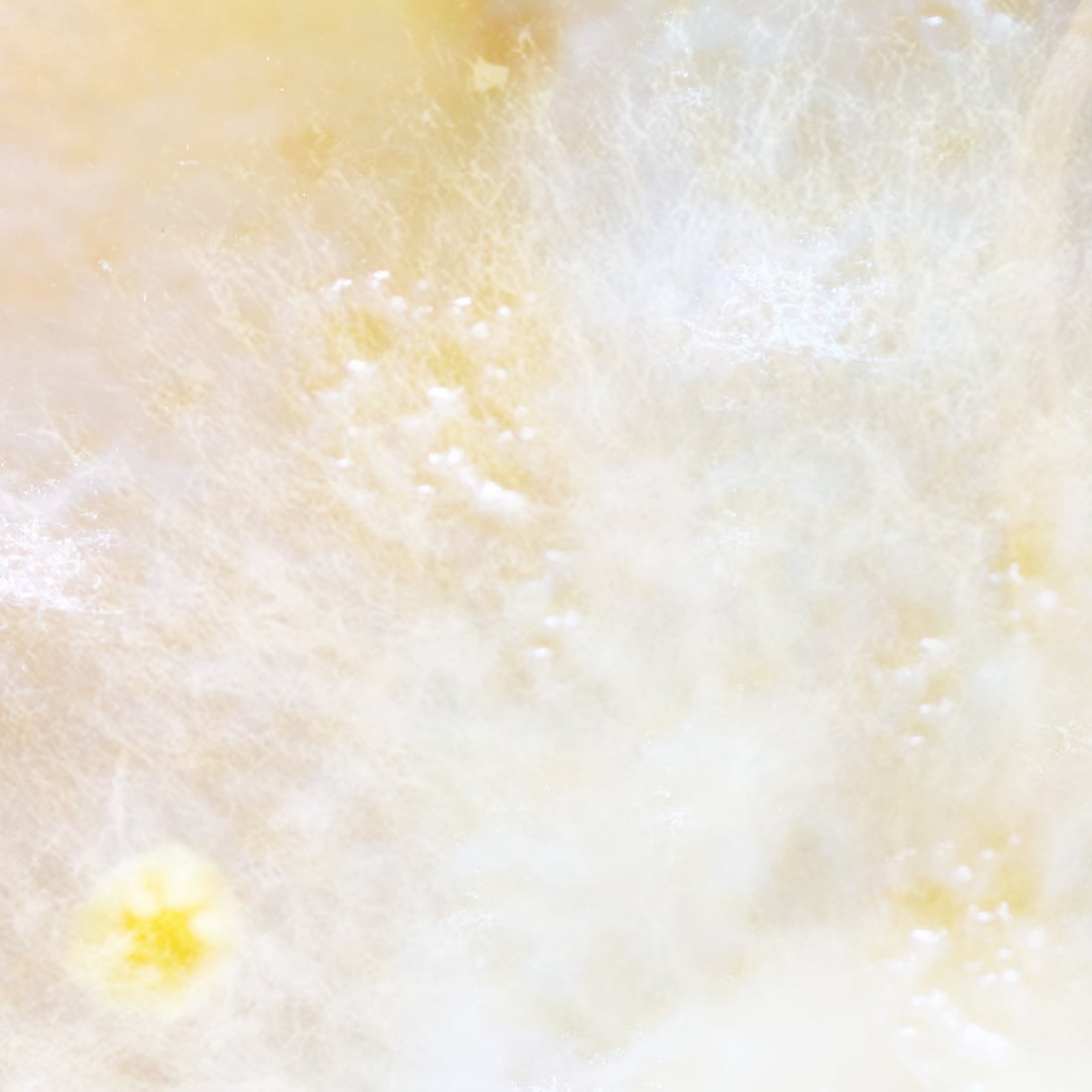laboratoire écologie et art pour une société en transition
Cultural Practices in Transition
The cycle
With the cycle Cultural Practices in Transition, the association least promotes continuity between research, field experience, and knowledge transfer. least invites cultural professionals, artists, and the public to take advantage of four training sessions designed as opportunities for sharing. Based on the lessons learned by least throughout its practice, these moments are intended to be conducive to acquiring new tools for thinking about the transformation of professions from an ecological perspective. These are opportunities to take a step back and discover new ways of thinking that could enable us to improve practices in our respective fields. Join us for one or more of these sessions and let’s look ahead to the future of our professions together!
→ Register here.

Imagining Futures
with Giulia Angrisani
March 19–20, 2026
Museum of Art and History, Geneva
This workshop explores how storytelling can bridge past and future, sparking critical thought and imagination.
Blending narrative techniques, speculative storytelling, and futurology-inspired interactive tools, participants will experiment with creating experiences that open pathways to possible futures. Stories—through both their content and form—shape how we live, feel, and inhabit the world.
Here, speculation is key: not as prediction, but as a way to resist cynicism and despair. Storytelling is approached as an act of struggle, resistance, and transformation—an exercise in decolonizing, deconstructing, and awakening imagination.
Giulia Angrisani is a documentary filmmaker and visual anthropologist. After studying sociology and anthropology at the Federico II University of Naples, she moved to Lisbon to research the anthropology of emotions with CRIA. She later specialized in Speculative Storytelling at ERG art school in Brussels. Her first feature-length film, Terra in vista, was screened at numerous festivals, universities, cultural organizations, and squats, including the 26th Jihlava Festival, where it received a special mention at Vienna’s Ethnocineca Festival. Her projects focus on intimacy as political force, weaving together visual research and creative documentary. She currently lives and works between Brussels, Marseille, and Naples.
Practical Information
Day One: 9–12am et 1.30–5pm at the Museum of Art and Historym (Rue Charles-Galland 2, 1206 Genève).
Day Two: 9–12am et 1.30–5pmat the Museum of Art and History (Rue Charles-Galland 2, 1206 Genève).
6pm: Presentation by Giulia Angrisani, open to those unable to attend the workshop.
Becoming Sub-Optimal
with Olivier Hamant
May 12-13, 2026
Museum of Art and History, Geneva
Across science, economics, education, and culture, we are constantly asked to measure results. But the indicators we use capture only a narrow slice of reality. In the arts—especially in process-based and co-creative practices—measurement becomes even trickier: How do you assess the impact of a process that doesn’t aim for a finished product? How do you value an exchange, a transformation, an experience that resists numbers and tangible outputs?
Biologist Olivier Hamant invites us to embrace slowness, inefficiency, and robustness. Living systems do not thrive through maximum productivity, but through diversity, redundancy, and adaptability. Accepting a degree of chaos in our lives, he suggests, could inspire new ways of evaluating processes—tools that are more flexible, fair, and faithful to the complexity of our practices.
Olivier Hamant is a French biologist, research director at INRAE within the Plant Reproduction and Development Laboratory at the École Normale Supérieure de Lyon. He also directs the Michel Serres Institute and collaborates on interdisciplinary projects connecting science and the arts, focusing on complexity, resilience, and fragility in living systems. In 2024, he was elected to EMBO (European Molecular Biology Organization). He is also the author of several influential books, including The Third Way of Living Systems (2022), The Robustness of Life (2023), and On Incoherence: A Political Philosophy of Robustness (2023).
Practical Information
Day One : 90–12am et 1.30–5pm at the Museum of Art and History (Rue Charles-Galland 2, 1206 Genève).
6pm : Presentation by Olivier Hamant.
Day Two : 9–11am
Listening to the Sourdough
with Marie Preston and Julie Bertrand
October 10–11, 2025
Four banal de Vollèges (VS)
How can we practice real transdisciplinarity—not just placing disciplines side by side, but letting them mingle and cross-pollinate in meaningful ways? How do we build dialogue between such different vocabularies as those of an artist, a baker, a scientist, or a cultural worker? And how can art not only enrich scientific research but also shift its frameworks by introducing new ways of perceiving and imagining?
Artist Marie Preston, drawing on her long experience with research, including that with agricultural engineer Lauriane Mietton, and artistic collaboration, will lead a two-day breadmaking workshop together with Julie Bertrand, farmer-baker. Designed as a space for investigation and collective exploration, the workshop forms part of “Territoire du levain”, a transdisciplinary research project bringing together bakers, facilitators, researchers, educators, and artists.
Through sourdough—not just as metaphor, but as a more-than-human partner, deeply rooted in the territories and communities that nurture it—we will question production dynamics and experiment with concrete ways of “making in common” across disciplines and skills.
Marie Preston is an artist and associate professor at Paris 8 University (TEAMeD / AIAC). Her practice blends art and research, creating works and experiential documents together with people who are not necessarily artists. In recent years, she has focused on baking practices, open schools, libertarian and institutional pedagogies, as well as women working in care and early childhood.
Practical Information
Day One: 10am to 5pm (Four banal de Vollèges, Chemin des Fours 23, 1941 Vollèges)
Morning: Introduction to the Levains project and the bakery, followed by a discovery walk around its surroundings, the mill, and the fields. Then, shaping the first doughs that will adorn the future collective bread, Pain d’entour, inspired by ritual and seasonal loaves. These forms—nourished by images and stories—will preserve the memory of flour worked locally.
Afternoon: A dérive with the sourdoughs—an experience of testing, sensing, and letting them speak to the body and the senses.
Day Two: 9am to 5pm (Four banal de Vollèges, Chemin des Fours 23, 1941 Vollèges)
A day devoted to breadmaking: producing the collective bread Pain d’entour alongside traditional round loaves, sharing shaping techniques, and concluding with a tasting.
Locating Oneself
with Laurent Pichaud
November 17–18, 2025
Museum of Art and History, Geneva
The work of choreographer Laurent Pichaud centers on the relationship between the body and its environment. Through his research, he explores, via practices of observation and site-mapping, how to interact and coexist with places and their inhabitants—human and more-than-human—by developing approaches deeply rooted in context.
In dialogue with the museum, we will embody ways of questioning and deconstructing the functions, invitations, and reciprocal availabilities between space and body: an exercise in presence that aims to transform our practices. This exploration will draw on the tensions inherent to the museum, moving through its diverse environments and uses, including its extended perimeter. The workshop will unfold over two days inside the museum; part of the second day may also take place outdoors, weather permitting.
This workshop will provide us with sensitive tools to rethink presence, inscription, and collective action, considering movement as a tool for attention and resonance with place—even beyond the artistic framework.
Laurent Pichaud is a choreographer with x-sud art/site (Nîmes), a performer with various other choreographers, and associate research artist with the Dance Department at Paris 8 University. His creations often situate choreography in non-artistic spaces—community projects, site-specific works—opening choreographic practice onto broader societal questions. In 2025, he is artist-in-residence at the Bob Calle Documentation Center of Carré d’Art – Museum of Contemporary Art, Nîmes.
Practical Information
Day One: 9–12am and 1:30–5pm at the Museum of Art and History (Rue Charles-Galland 2, 1206 Genève).
Day Two: 9am–5pm, mainly at the museum (with a possible outdoor session if weather allows)
6pm: Salle GamMAH (Promenade du Pin 5, 1204 Genève) : Presentation by Laurent Pichaud, open to those unable to attend the workshop.
Please wear comfortable shoes: nothing extreme will be required, but we will walk and move through different areas of the museum.
Bring something to document your experience—whether a smartphone, a notebook and pen, or any other medium that suits you.
